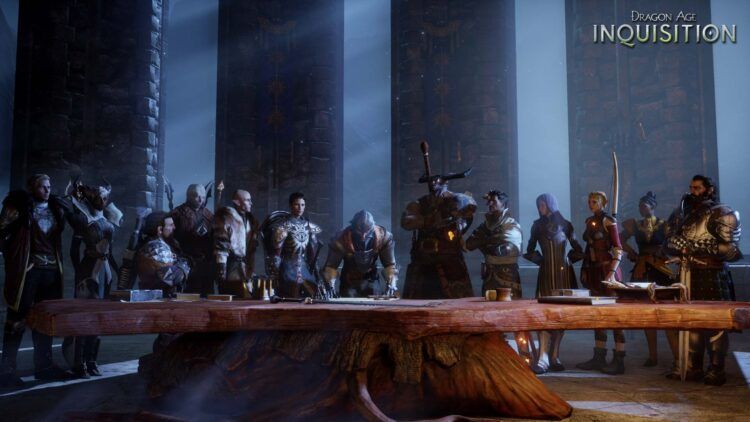There is an extremely diverse array of Dragon Age Inquisition races, offering players a range of intriguing choices. When making this decision, there are several important factors to keep in mind. Selecting a fantasy race in a roleplaying game may seem like a daunting task. Unlike real life, where we don’t have the luxury of choosing our race, in games like Dragon Age, we’re presented with options like “Elf, Dwarf, or Qunari.”
In this article, we are going to offer you several different aspects that can help you choose between the Dragon Age Inquisition races, so that you can make an informed choice that will affect your gameplay significantly.
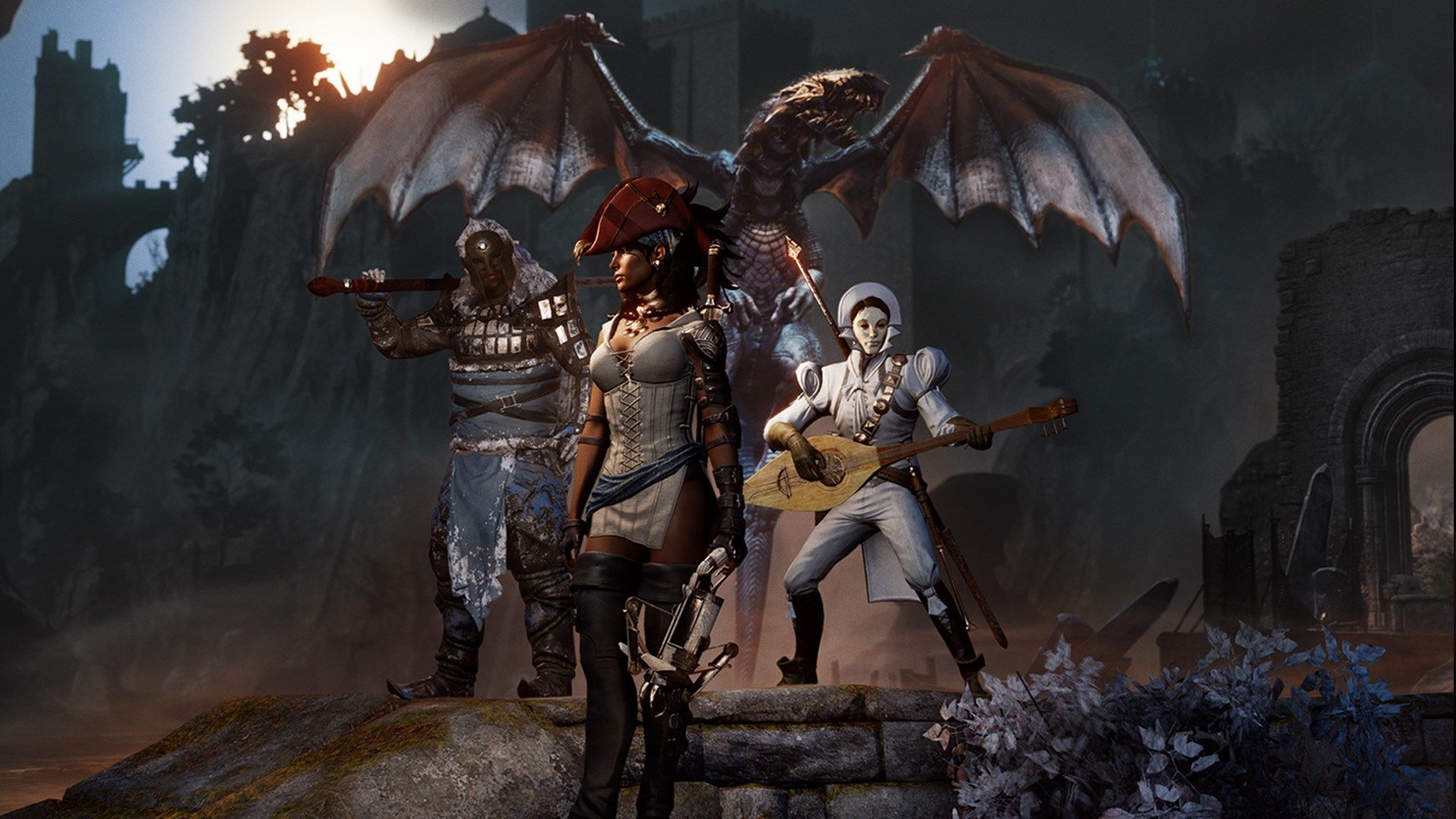
How can you choose between the Dragon Age Inquisition races?
Thedas, the world within which the game is set, is richly detailed, with extensive lore, cultures, and histories for each race. It’s no surprise, then, that the race you choose can significantly impact your gameplay experience.
The world of Thedas operates on intricate sociological dynamics, where your character’s identity holds weighty consequences. While you have agency in many decisions throughout the game, your choice of race introduces a layer of influence beyond your direct control. Here are some key aspects to mull over when deciding on your character’s race.
Romance
In Dragon Age Inquisition, your character’s race plays a significant role in shaping romantic opportunities. It’s important to note that certain characters, like Cullen and Solas, have specific preferences. Cullen is drawn to humans and Elves, while Solas exclusively pursues Elf romances.
While choosing between male and female characters has a substantial impact on romance options, some characters have more defined tastes. Solas, for instance, is the most selective romance in the series, only engaging in relationships with female Elves.
Origin stories
In Dragon Age Origins, your race and class dictate your character’s origin story. Some fans opt to explore all available origin stories before settling on their preferred one. Each race unlocks a distinct backstory. For instance, choosing to play as a human places you in a noble family setting, complete with an early companion in the form of a dog.
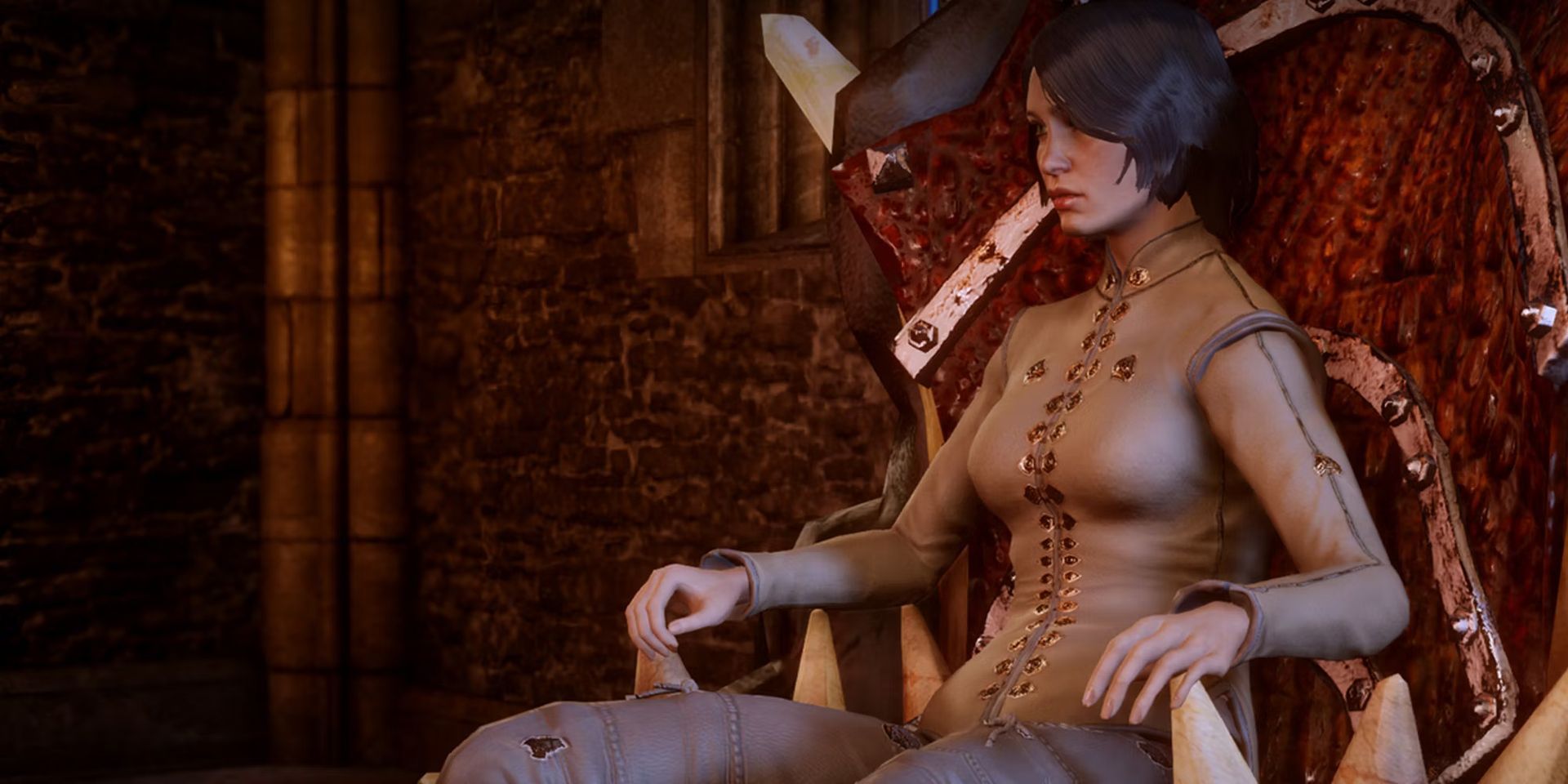
Opting for an Elf character offers a choice between a city Elf or a Dalish Elf background. Mages, too, have their own unique backstories, ranging from arranged marriages to fateful encounters with life-altering magical artifacts. Dwarves can hail from either low or high caste backgrounds, with their lives centered underground. These backstories continue to influence your narrative as you progress through the game.
Racism
Dragon Age delves into complex sociological dynamics, with racial inequalities at the forefront. The game features various fantasy slurs, such as “knife ear” for Elves and “ox-men” for Qunari. Elves and Qunari face the brunt of racism within the world. In Inquisition, both Dragon Age Inquisition races encounter prejudice at a royal party in Orlais, highlighting the societal biases faced by these groups, especially given the historical context of land acquisition from Elves by humans.
These dynamics also impact your interactions with companions. For instance, if you play as a Qunari, Solas engages in a scene with explicit racist undertones towards the Qunari. As an Elf, you might encounter friction with Sera, who, despite being an Elf herself, harbors prejudices against Dalish culture—a significant aspect of your backstory if you choose to play as an Elf in Inquisition.
Fashion
Fashion holds varying degrees of significance for gamers. While some might view it as a minor detail, for others, it carries substantial weight. Certain clothing styles are constrained by factors like gender, race, or even the specific character you’re playing. Take Vivienne’s distinctive hat, for instance—it’s an integral part of her character’s look, unique to her alone. However, when it comes to the Qunari, their distinctive physical features, namely their horns, dictate that they can’t don conventional hats.
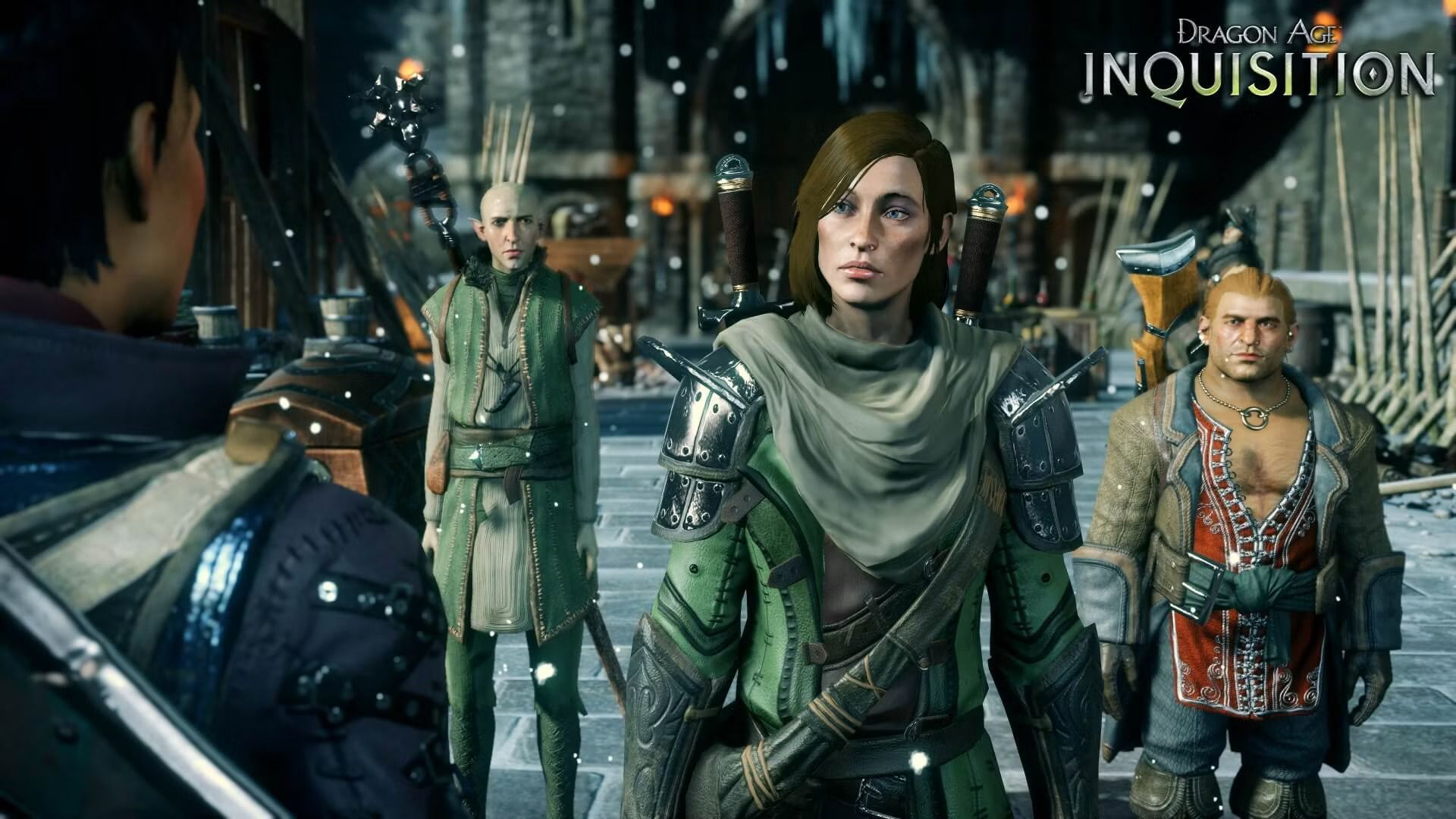
Instead, they opt for face paint, though finding diverse and aesthetically pleasing options in the game can be a bit of a challenge. Nevertheless, an option exists to disable both hats and face paint while still retaining the armor bonuses.
Choices across different games
Player preferences vary when it comes to selecting races across different games. Some opt for diversity, choosing a different race in each playthrough, while others have a strong affinity for Elves or Dwarves. In Dragon Age 2, the only available choice is to play as a human, a decision that divided fans. While some were frustrated by this limitation, others, including the developers themselves, have grown to appreciate the game that was conceptualized, developed, and released in less than a year.
Despite this, a number of fans still hold reservations about playing as humans. Some, however, choose humans for the sake of continuity across titles, finding comfort in the idea that their Inquisitor and Warden share a common race and background.
Class dynamics
A notable restriction is that Dwarfs cannot assume the role of mages, potentially contributing to their lower popularity among player choices in the series. Given that mage is one of the most sought-after classes, this limitation may be a factor. Nevertheless, this is the sole class restriction based on race. Any character, regardless of race, can pursue a range of roles, from an Elf warrior to a Qunari archer or a human rogue.
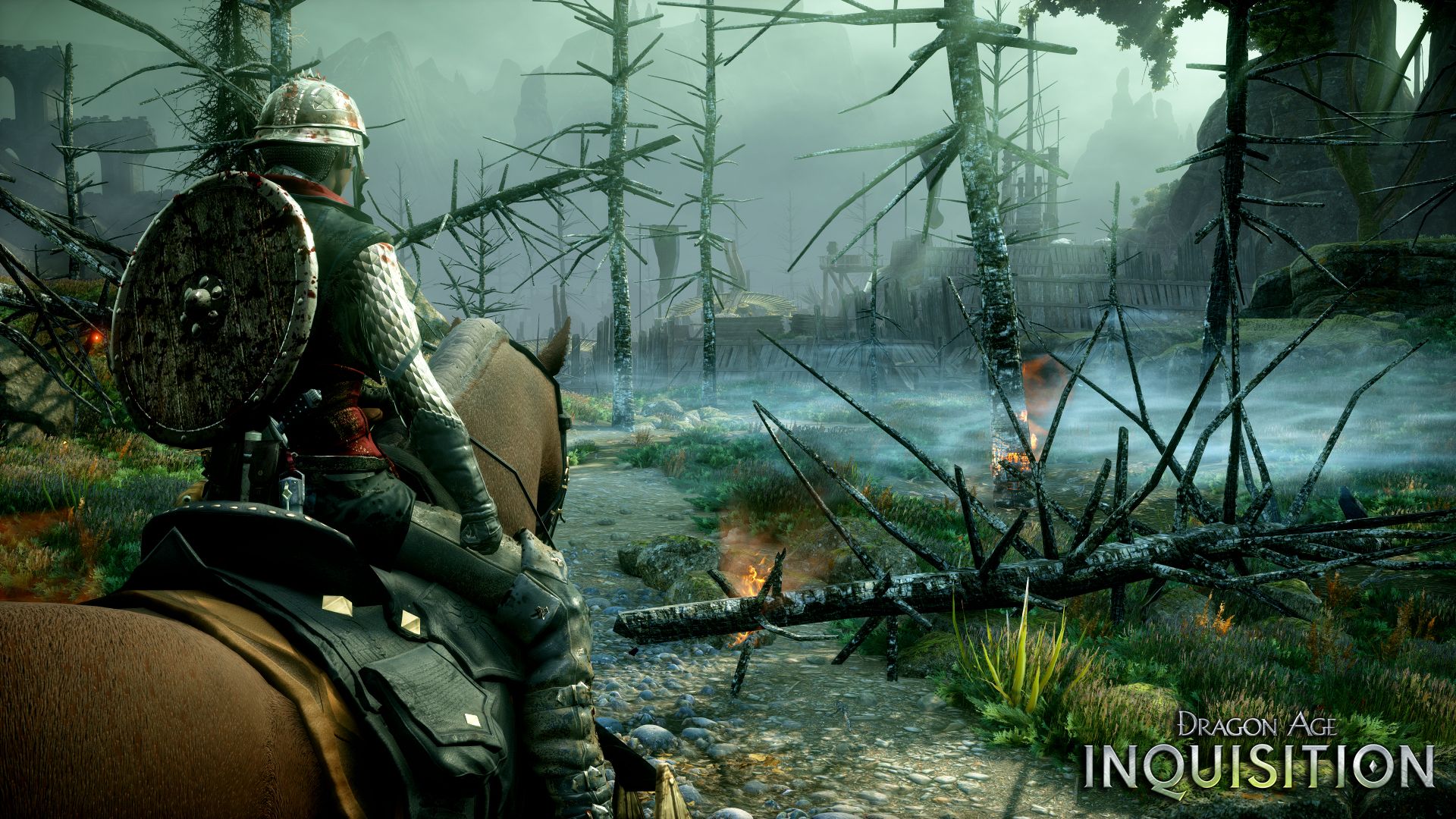
In Dragon Age Origins, your class significantly influences your origin story, dictating whether you hail from a Dalish Elf background or find yourself within the confines of the Circle Tower as a mage.
Future games
The future of Dragon Age 4 remains shrouded in mystery, leaving room for endless possibilities. It’s conceivable that the race you choose in previous games might have repercussions in the upcoming installment. For instance, certain characters might hold a warmer disposition towards a Qunari protagonist if you played as a Qunari hero in Inquisition. This could also tie into gated romances—imagine if Solas in Dragon Age 4 only responds favorably if you previously romanced him as a female Elf.
Consider this: if your Warden ascends to become the Queen of Ferelden (a feat only possible for a human), what if she faces assassination due to political power struggles? The realm of possibilities expands when the details remain unknown. It’s an intriguing prospect to contemplate.
Cultures
For many players, immersing themselves in the cultures of Dragon Age Inquisition races is a pivotal aspect of the game. If the idea of dwelling in the woods and venerating a pantheon appeals to you, choosing to be a Dalish Elf might be the perfect fit. On the other hand, if you’re drawn to a structured caste system and subterranean living, a Dwarf would be the natural choice. The Qunari, in contrast, blur the lines between race and religion, introducing an added layer of complexity.
Delving into the history of the Dragon Age Inquisition races can be a riveting pursuit. Some players may find it takes a few playthroughs to truly grasp which culture resonates most with them. Sometimes, it’s not even about favoritism—it’s about crafting the most compelling story for the hero in your imagination. What background will give them the depth you envision?
History
The historical context of each of the Dragon Age Inquisition races is a facet intertwined with their culture but distinct in its own right. For instance, humans are the newest addition to Thedas in comparison to the other Dragon Age Inquisition races. Their origins remain shrouded in mystery, leaving us with scant details about their true beginnings. As for the Qunari, the notion that they may have dragon ancestry is a tantalizing fan theory, albeit one yet to be officially confirmed in lore. However, the hints are abundant, particularly when conversing with the Iron Bull after slaying your first dragon in Inquisition.
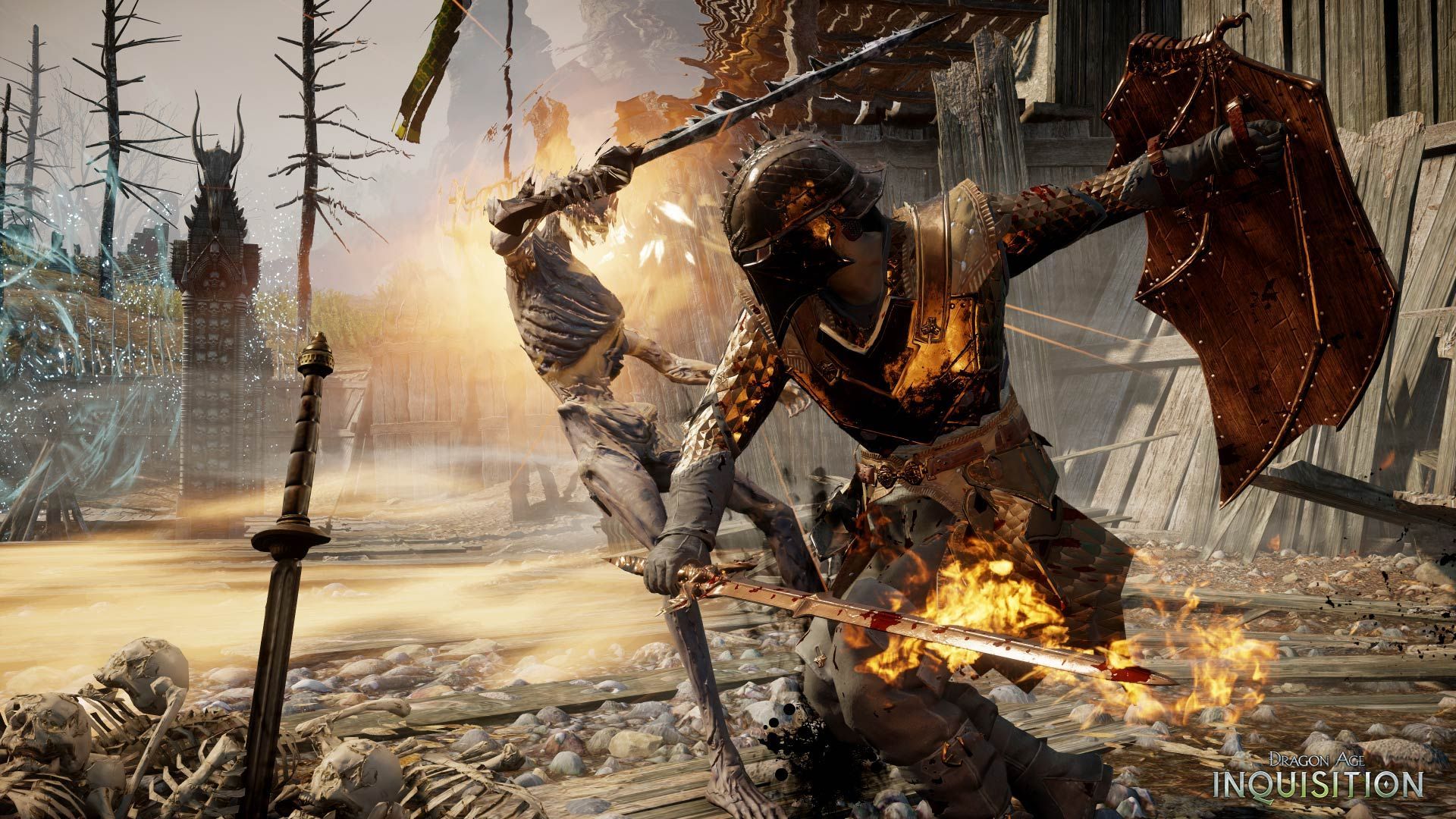
In contrast, Inquisition offers a profound exploration of Elven history, revealing a narrative marked by misinformation and tragedy. The Dwarves, on the other hand, possess a lengthy, enigmatic history, with only select DLC shedding light on the likelihood of a substantial missing piece in their chronicles.
Character build
While many players are drawn to the series for its narrative richness, some prioritize crafting the most formidable combatant. In this realm, each of the Dragon Age Inquisition races plays a role, albeit a subtle one. Each race bestows slight variations in bonus points. For instance, in Inquisition, a human gains an additional ability point, Dwarves exhibit enhanced resistance to magic, Elves demonstrate heightened resilience to ranged attacks, and Qunari showcase superior physical resistance.
Morality
Dragon Age offers players a unique opportunity to explore their moral compass, allowing for a range of character alignments. While some players may find it challenging to embrace a truly malevolent role, the game provides ample room for deeply morally ambiguous choices. This surpasses mere verbal jabs or snide remarks, reaching a level where the Inquisitor can physically confront characters like Solas or perpetuate harmful stereotypes at the Winter Palace. Fans of Bioware’s Paragon/Renegade system from Mass Effect might find it worthwhile to lean into a darker narrative for a change.
Difficulty
Thedas is rife with systemic prejudices, and your character’s background significantly influences interactions. For those seeking a smoother path, opting for a human warrior over an Elven mage in Origins can streamline conversations and encounters. In Dragon Age: Inquisition, human characters, especially those of noble birth, may find navigating places like the Orlesian court notably more favorable in terms of approval.
Height and physical features
Choosing between Dragon Age Inquisition races directly impacts how players visualize themselves in-game. Some may aim to create an idealized figure, free of any distinguishing features like horns. Conversely, others may seek to challenge conventional beauty standards, desiring representation that deviates from the norm.
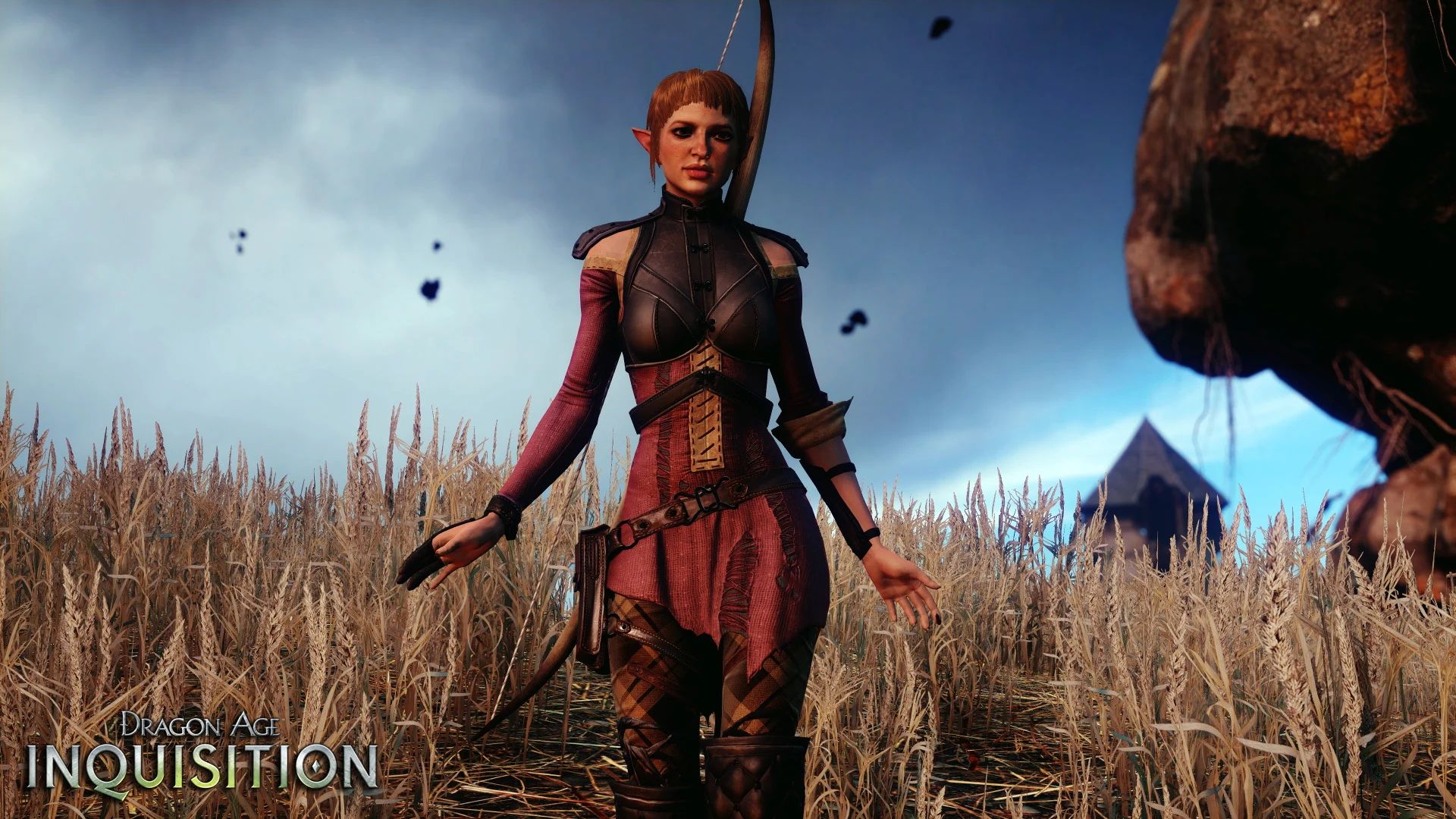
While Bioware offers a degree of customization, the modding community has taken it upon themselves to refine everything from hair textures to a complete overhaul of the character creator. Through carefully crafted mods, players can enhance the appearance options in Inquisition, elevating their experience beyond the vanilla offering.
Conversations
The influence of Dragon Age Inquisition races and class backgrounds on encounters and conversations is a recurring theme throughout the Dragon Age franchise. While unlocking perks can open up new dialogue options, certain characters may still reserve specific discussions for characters of particular Dragon Age Inquisition races or mages.
This element significantly shapes the player’s experience of the story, adding depth and complexity to the narrative. For those seeking to explore every facet of the game, mods can be a valuable resource. Alternatively, players can embark on multiple playthroughs as different Dragon Age Inquisition races to uncover the full spectrum of unique conversations available.
Armor types
While it might seem superficial, the importance of unique armor types cannot be underestimated. “Look good, play good” remains a mantra for many gamers, regardless of the title. Certain armor sets, like the race-locked Keeper armor, exemplify this. To don such attire, one must embody the associated one of the Dragon Age Inquisition races. It’s a testament to the depth of the Dragon Age franchise, offering experiences that warrant multiple playthroughs.
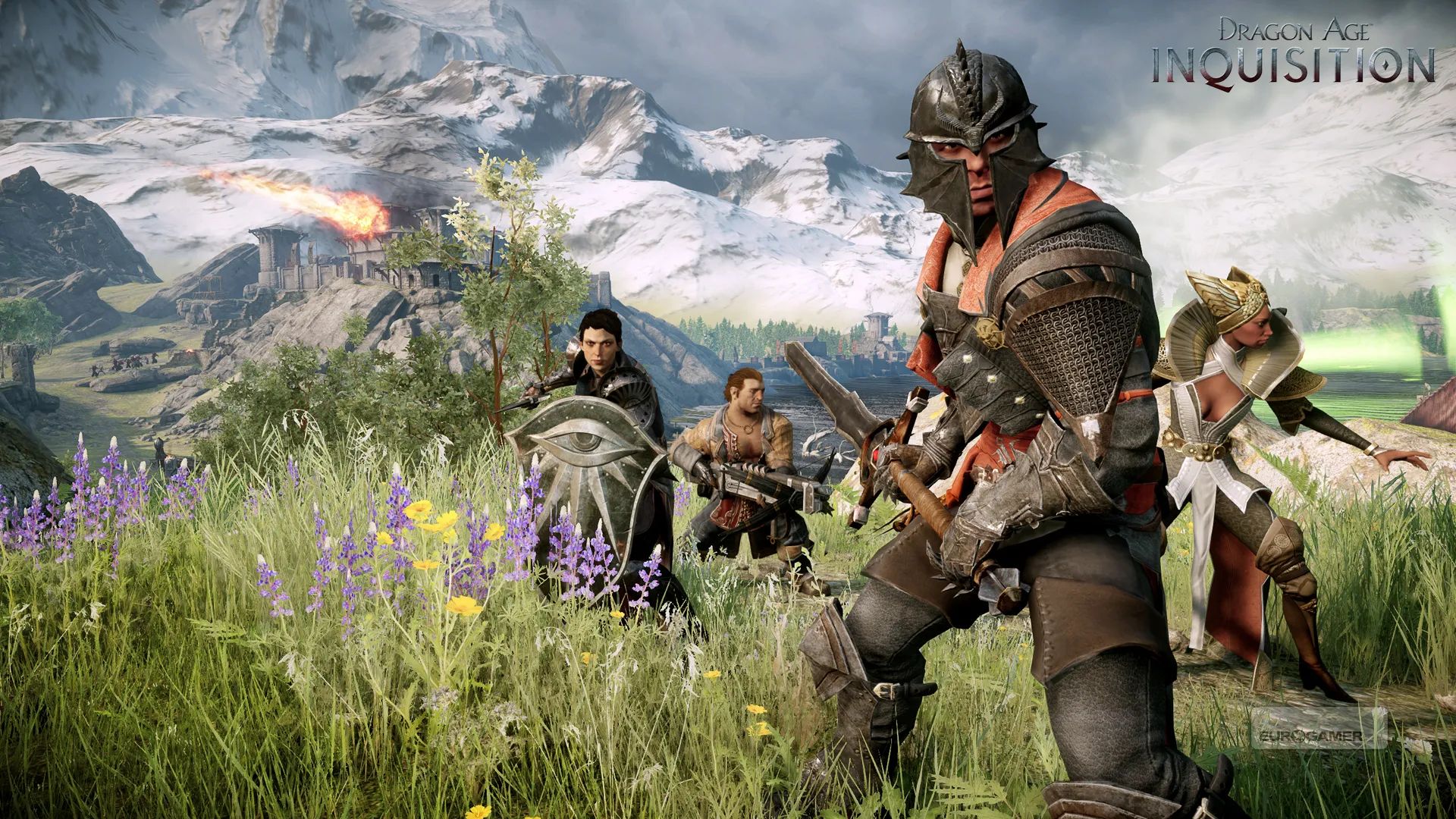
In the rich tapestry of the Dragon Age universe, the choices we make regarding our characters’ Dragon Age Inquisition races and class backgrounds wield significant influence over our journey. These decisions shape not only our interactions with the world and its denizens but also unlock unique dialogues and open doors to distinctive experiences.
With each playthrough, new layers of the Dragon Age world unfold, ensuring that the adventure is boundless and the stories within it are as diverse as the Dragon Age Inquisition races that inhabit it.
Meanwhile, if you are a frequent player of the RPG genre, make sure to check out our articles to see if you find an interesting topic for you, such as our articles on where to find all companions in Baldur’s Gate 3.
Featured image credit: EA

